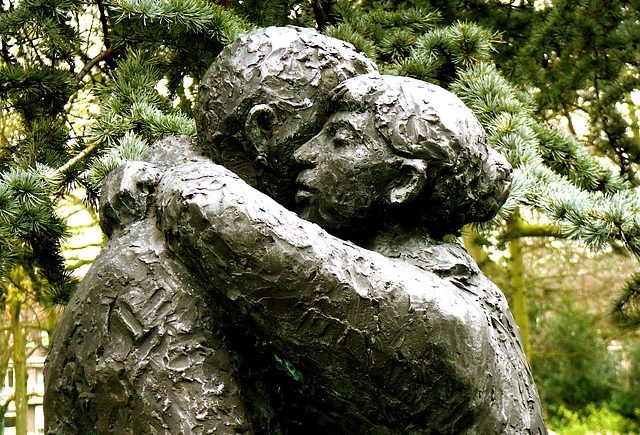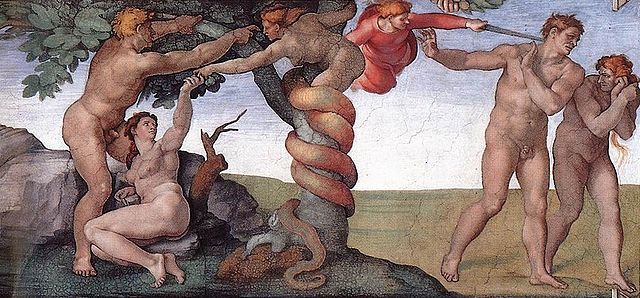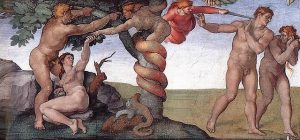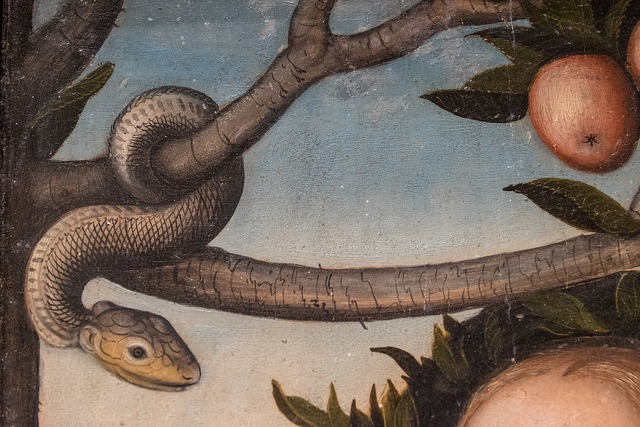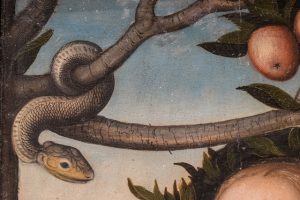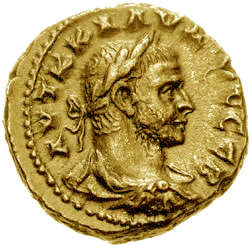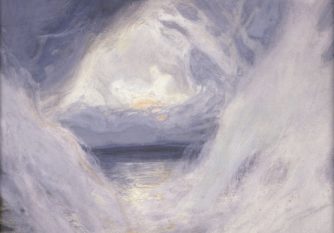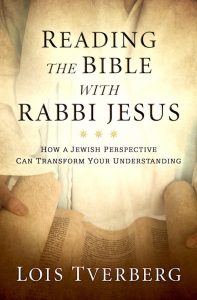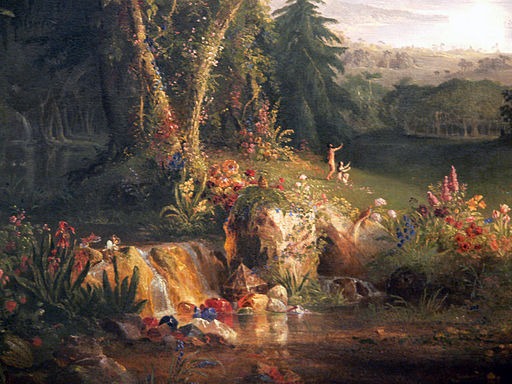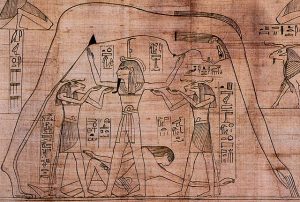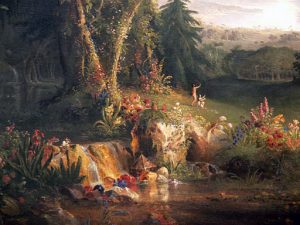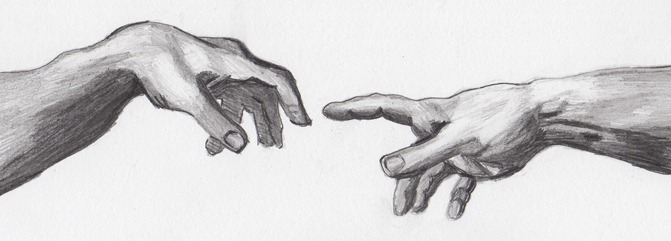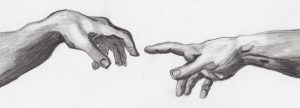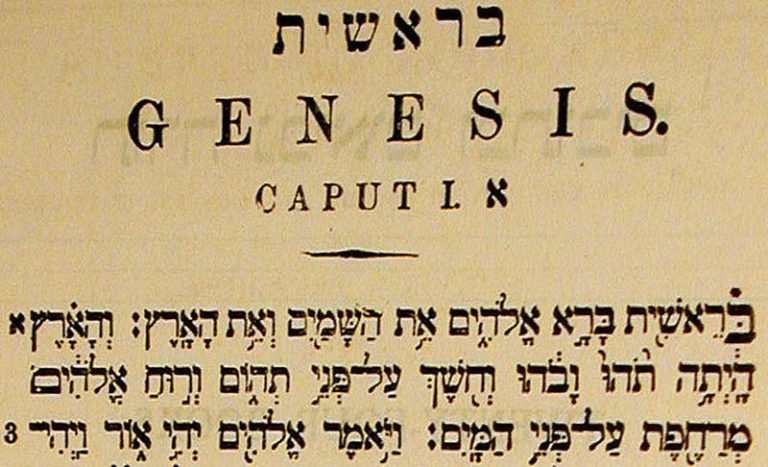by Lois Tverberg
“Lamech said to his wives, “Adah and Zillah, listen to my voice, you wives of Lamech, give heed to my speech, for I have killed a man for wounding me, and a boy for striking me; if Cain is avenged sevenfold, then Lamech seventy-sevenfold.” (Genesis 4:23-24)
In Jesus’ time, rabbis studied the Torah intensively and peppered their sermons with references to the first five books of the Bible. They often would use even a single unusual or unique word to hint back to a story and make their point more effectively. Their culture was deeply knowledgable in the Bible and would have recognized these allusions to Scripture. Unusual words would stick out at them and immediately bring to mind an earlier story.
In the following passage, Jesus seems to be doing this, to more effectively make His point:
Then Peter came to him and said, “Lord, how many times must I forgive my brother who sins against me? As many as seven times?” Jesus said to him, “Not seven times, I tell you, but seventy-seven times.” (Matthew 18:21-22)
 Here we read that Peter asks him how many times we need to forgive – up to seven times? The number seven is symbolic of completeness, hinting that Peter was saying that we should forgive repeatedly and completely. But then Jesus says “up to seventy-seven times,” which we often want to translate as “seventy times seven,” because 490 times is larger than seventy-seven. But the key to understanding is not in the quantity of 77 or 490, but in the fact that the phrase “seventy-seven times” or “seventy-sevenfold” (shiv’im v’shiva or hebdomekontakis hepta) is a unique phrase, found only once in the Hebrew scriptures, in today’s verse from Genesis 4:23.
Here we read that Peter asks him how many times we need to forgive – up to seven times? The number seven is symbolic of completeness, hinting that Peter was saying that we should forgive repeatedly and completely. But then Jesus says “up to seventy-seven times,” which we often want to translate as “seventy times seven,” because 490 times is larger than seventy-seven. But the key to understanding is not in the quantity of 77 or 490, but in the fact that the phrase “seventy-seven times” or “seventy-sevenfold” (shiv’im v’shiva or hebdomekontakis hepta) is a unique phrase, found only once in the Hebrew scriptures, in today’s verse from Genesis 4:23.
The context was that Lamech, as a descendant of Cain, had inherited Cain’s violence, but then also had a lust for revenge. If some one hurt him, he would kill him, and he was certain to make sure anyone who wronged him was paid back seventy-sevenfold. God had told Cain that if anyone hurt him when he was roaming the earth, God would punish him seven-fold (Genesis 4:15). But Lamech says he will outdo God in revenge. Anybody who crossed him will be paid-back in a big way — not just sevenfold, but seventy-sevenfold!
If this is in Jesus’ mind, Jesus may be saying that we should be as eager to forgive as Lamech was to take vengeance. Just as Lamech wanted the punishment to far exceed the crime, we should want our forgiveness to far exceed the wrong done to us. We should be the exact opposite of Lamech, making our goal to forgive as extravagantly and completely as possible.

